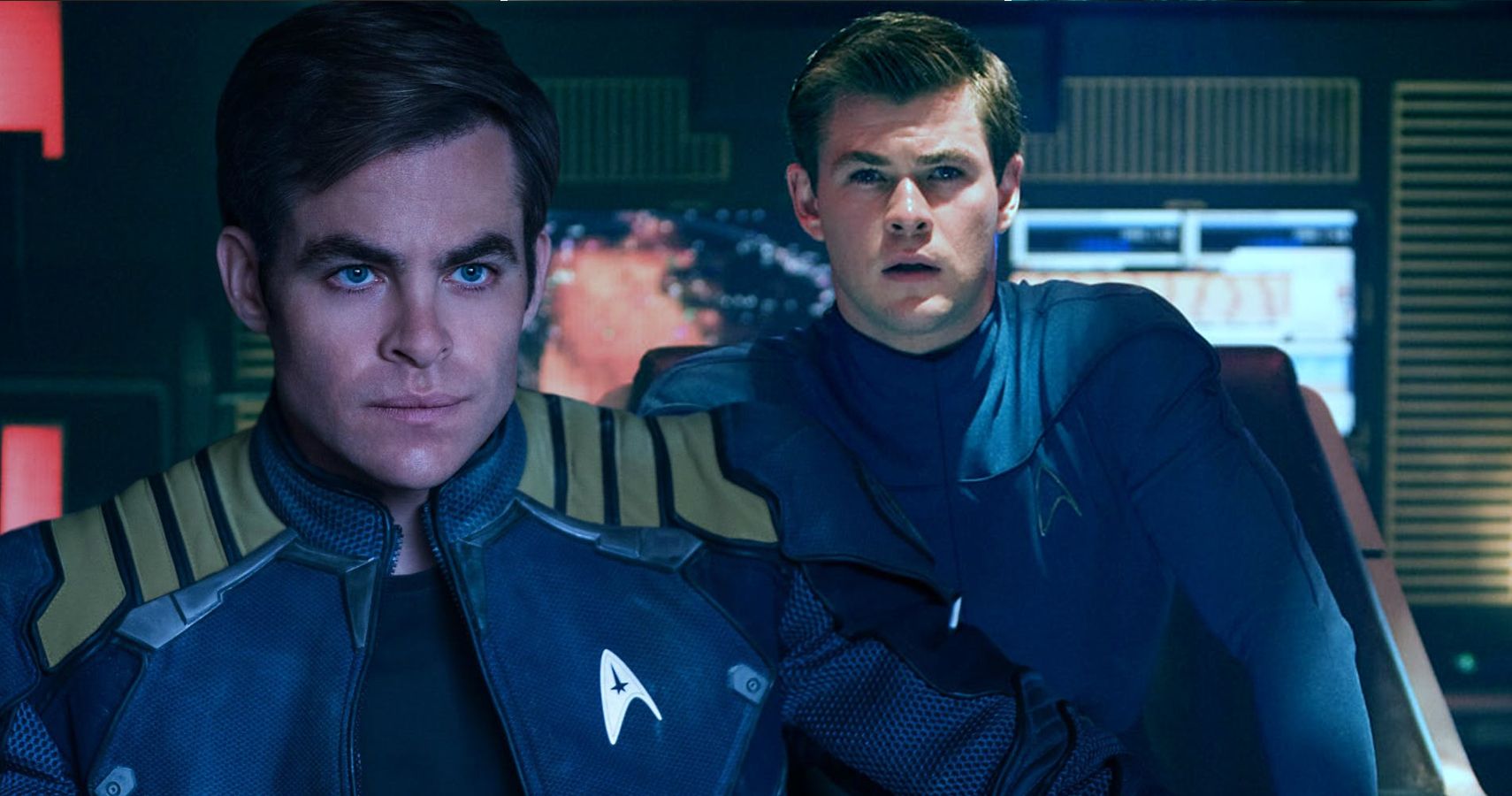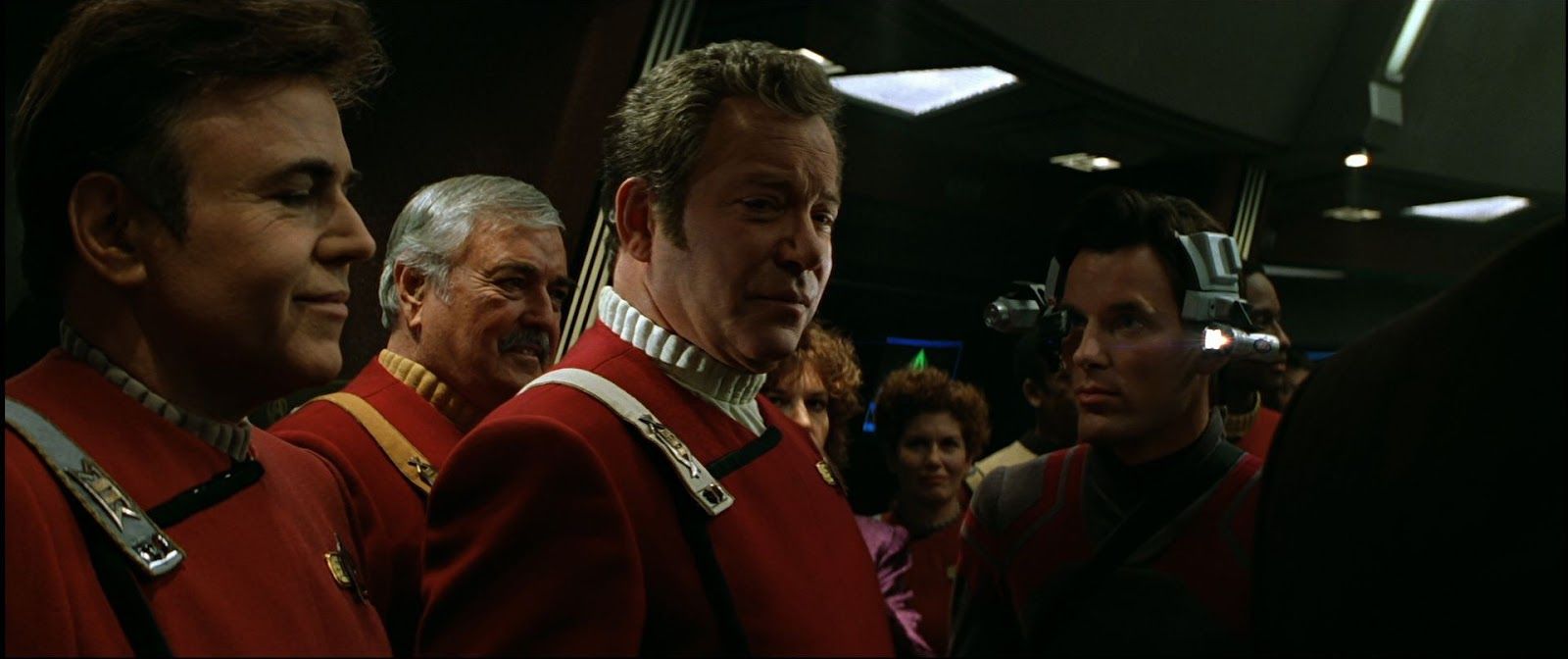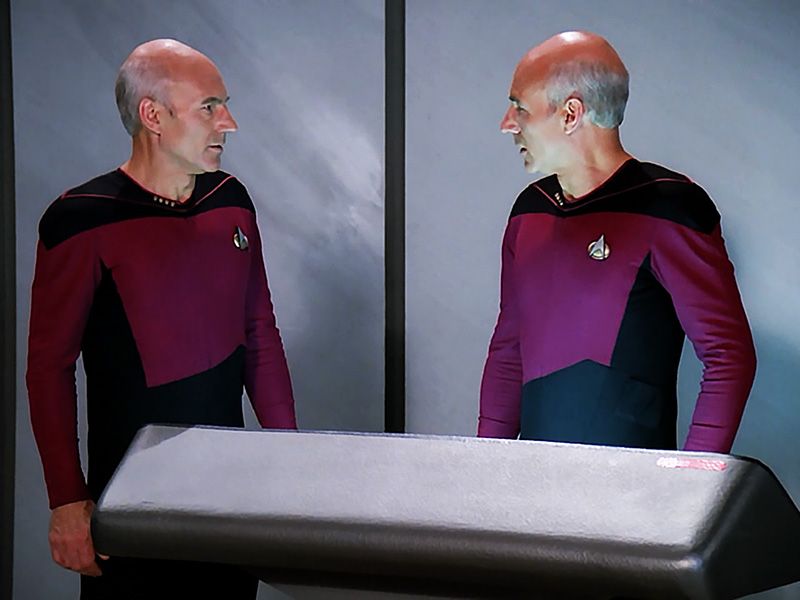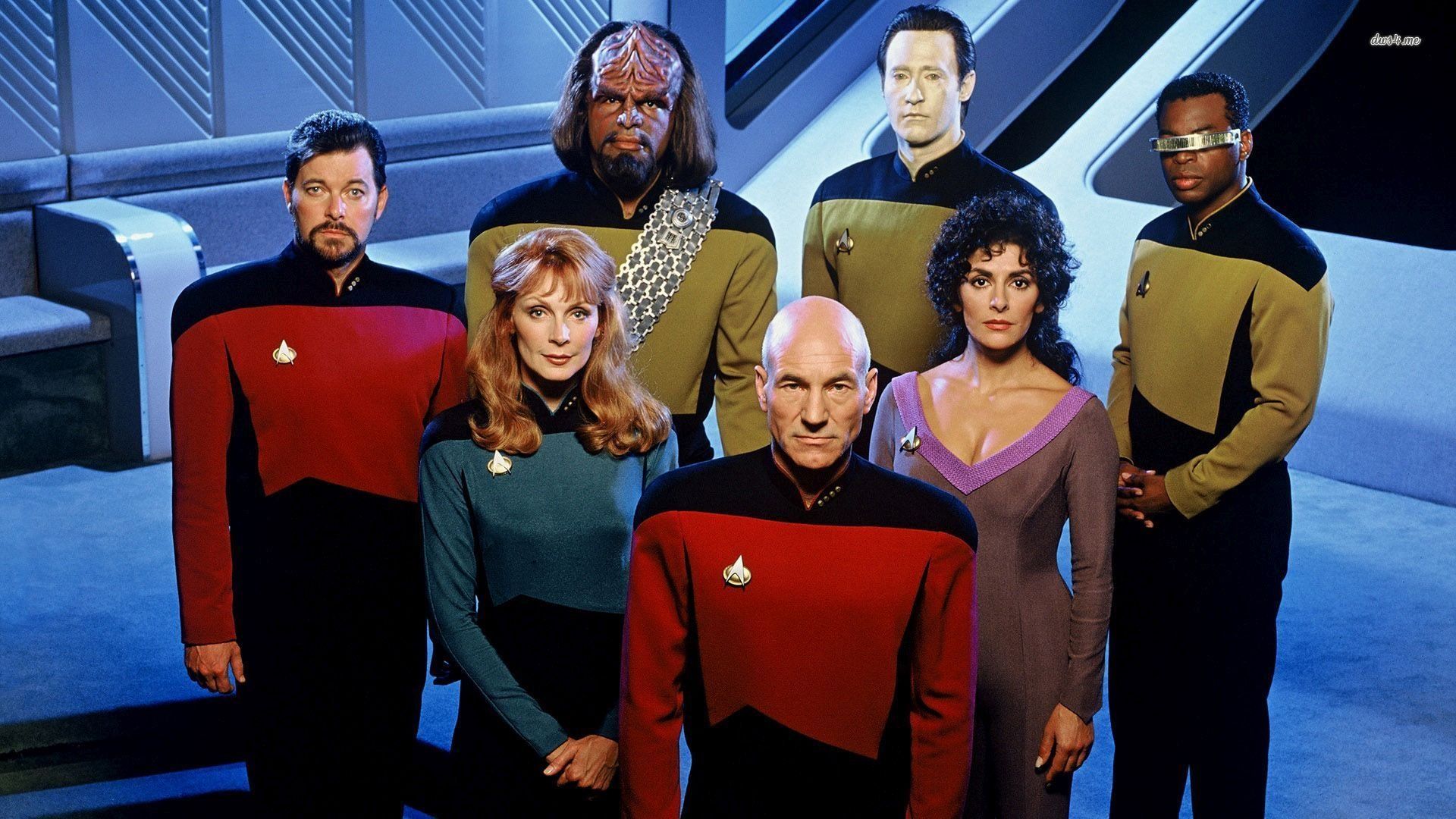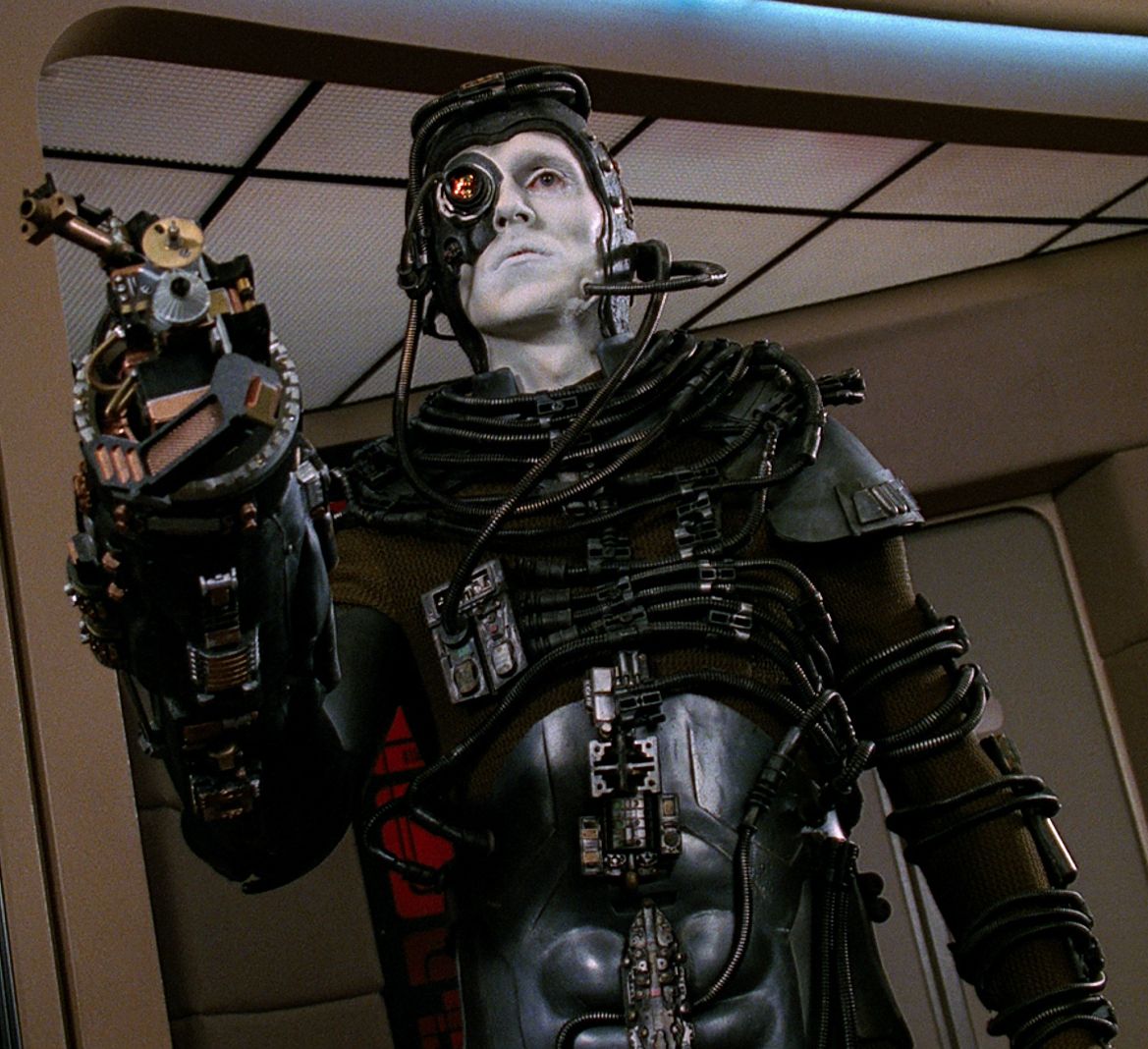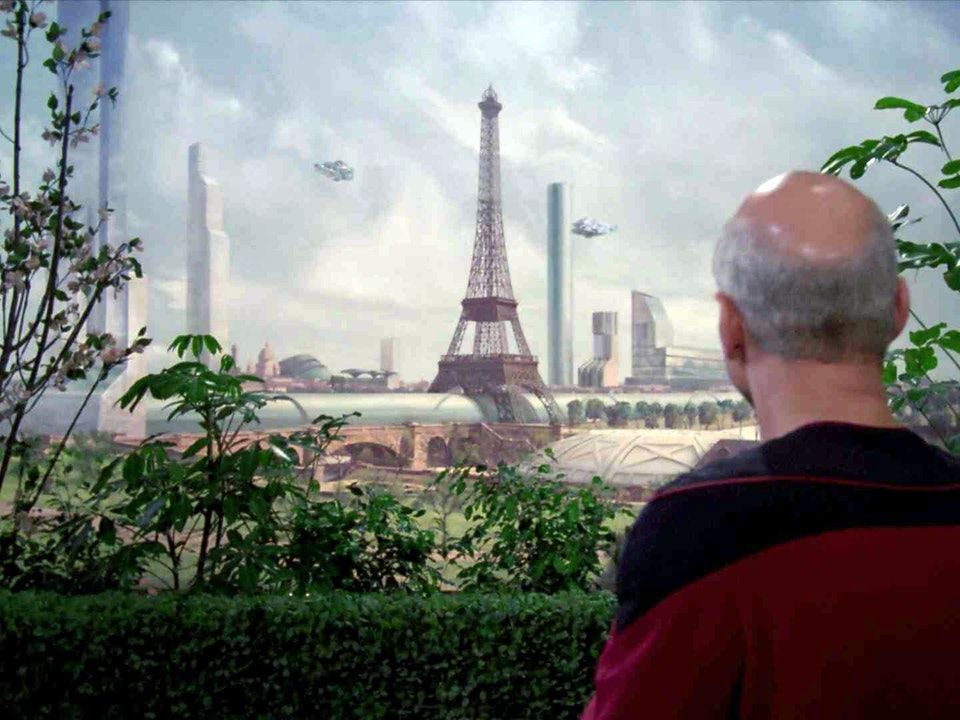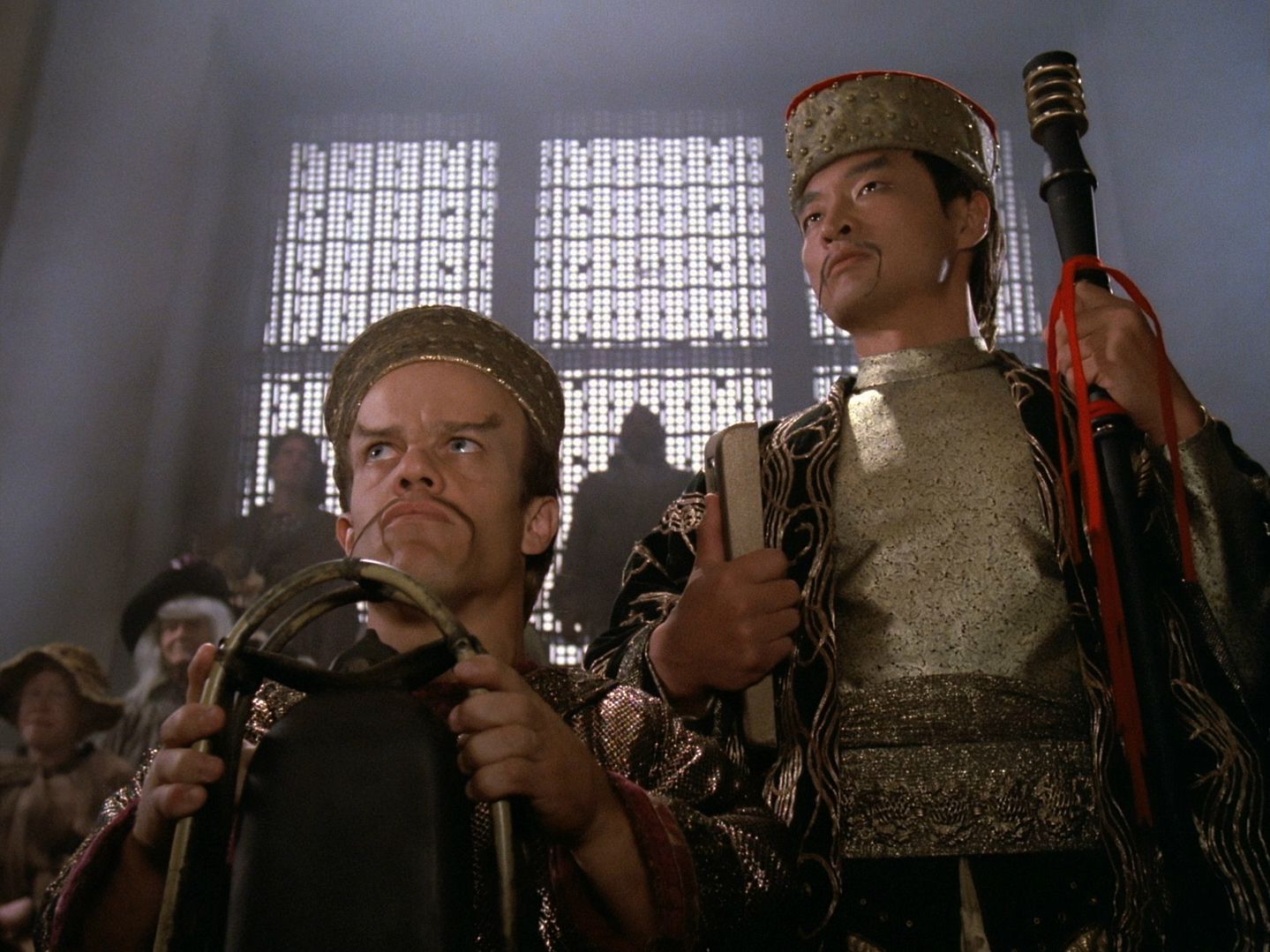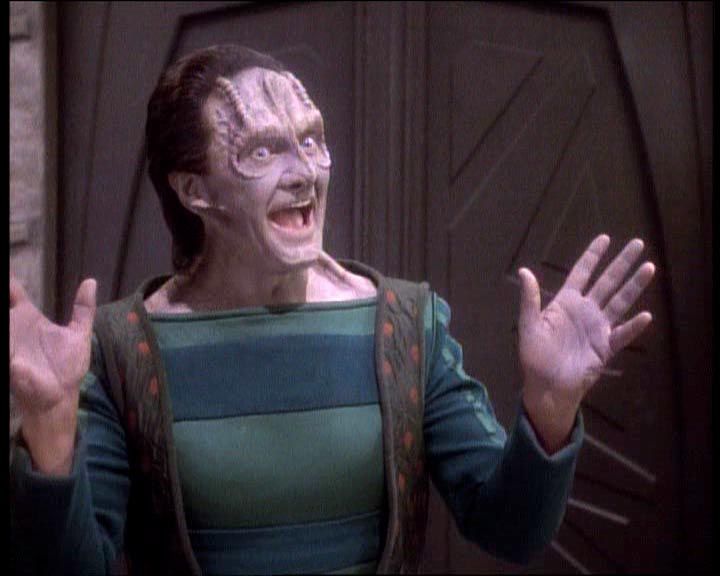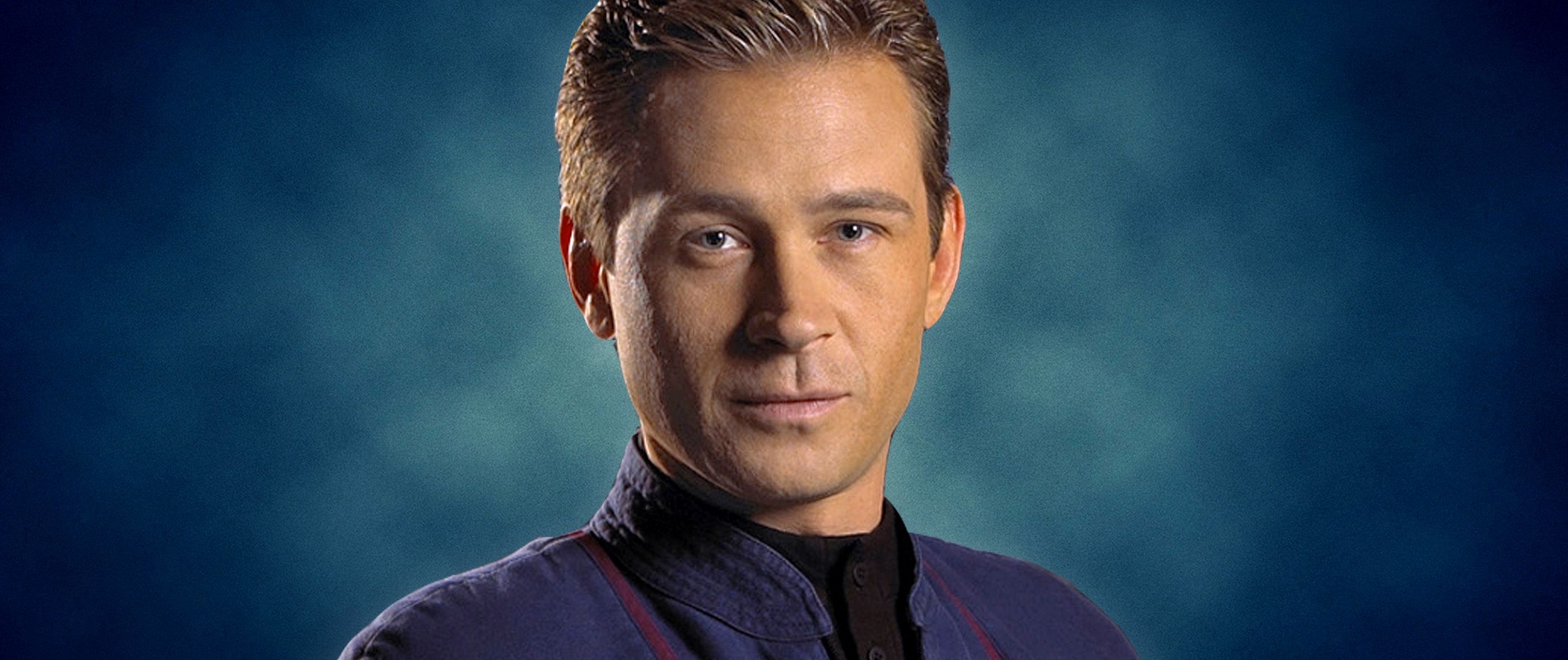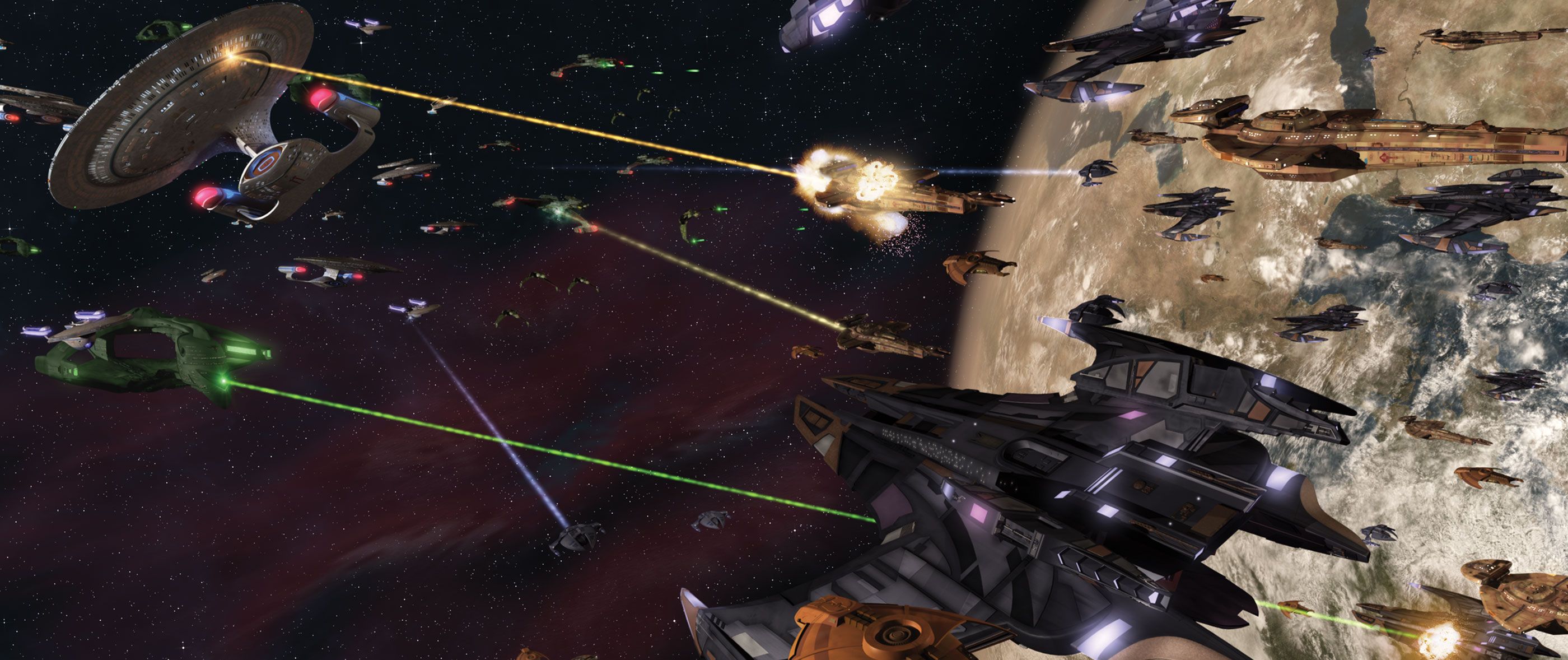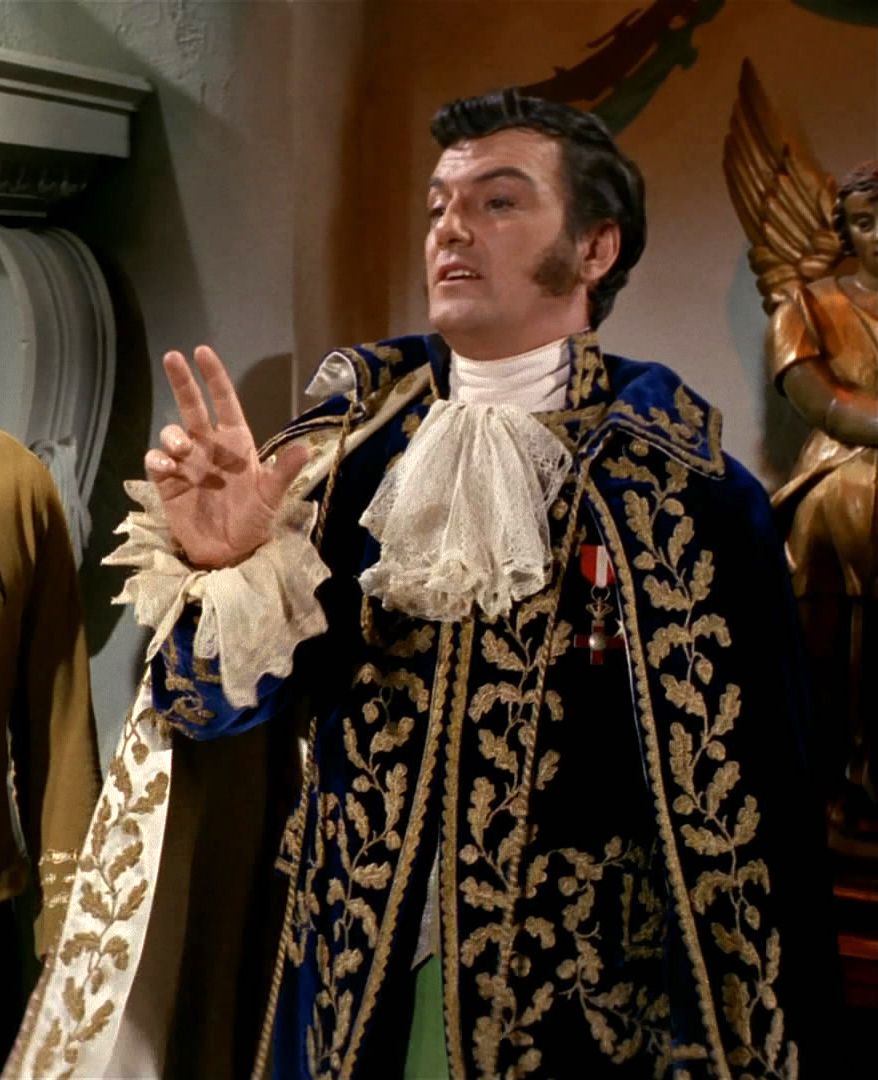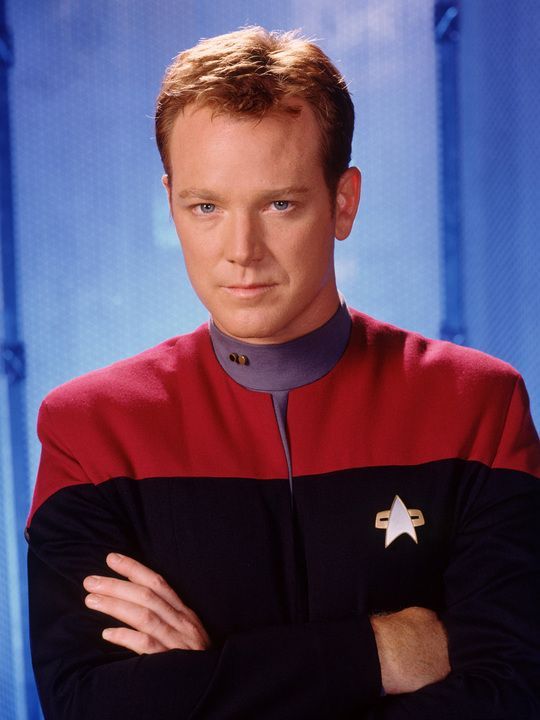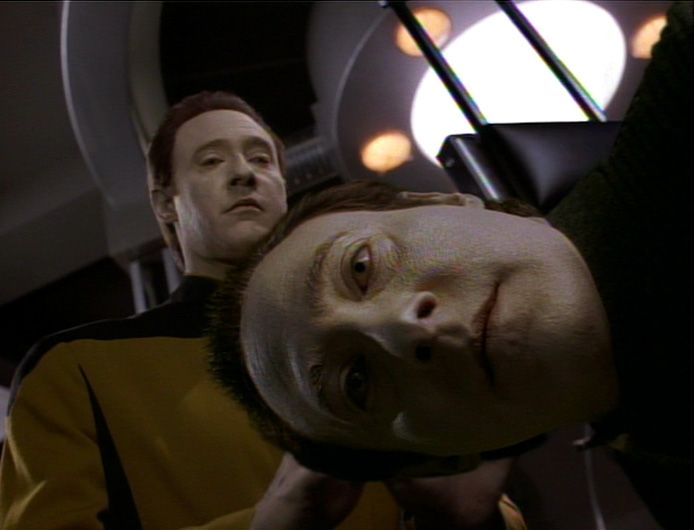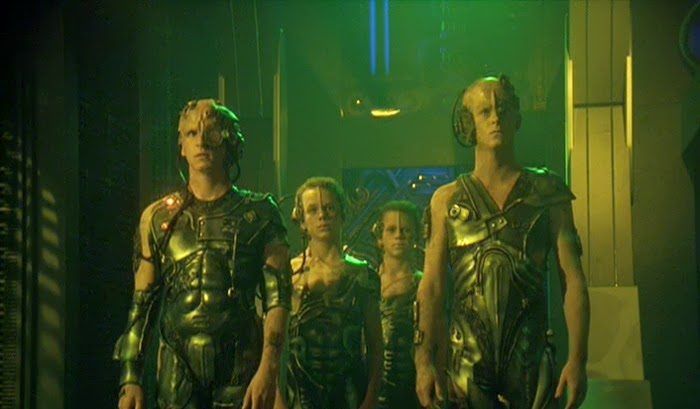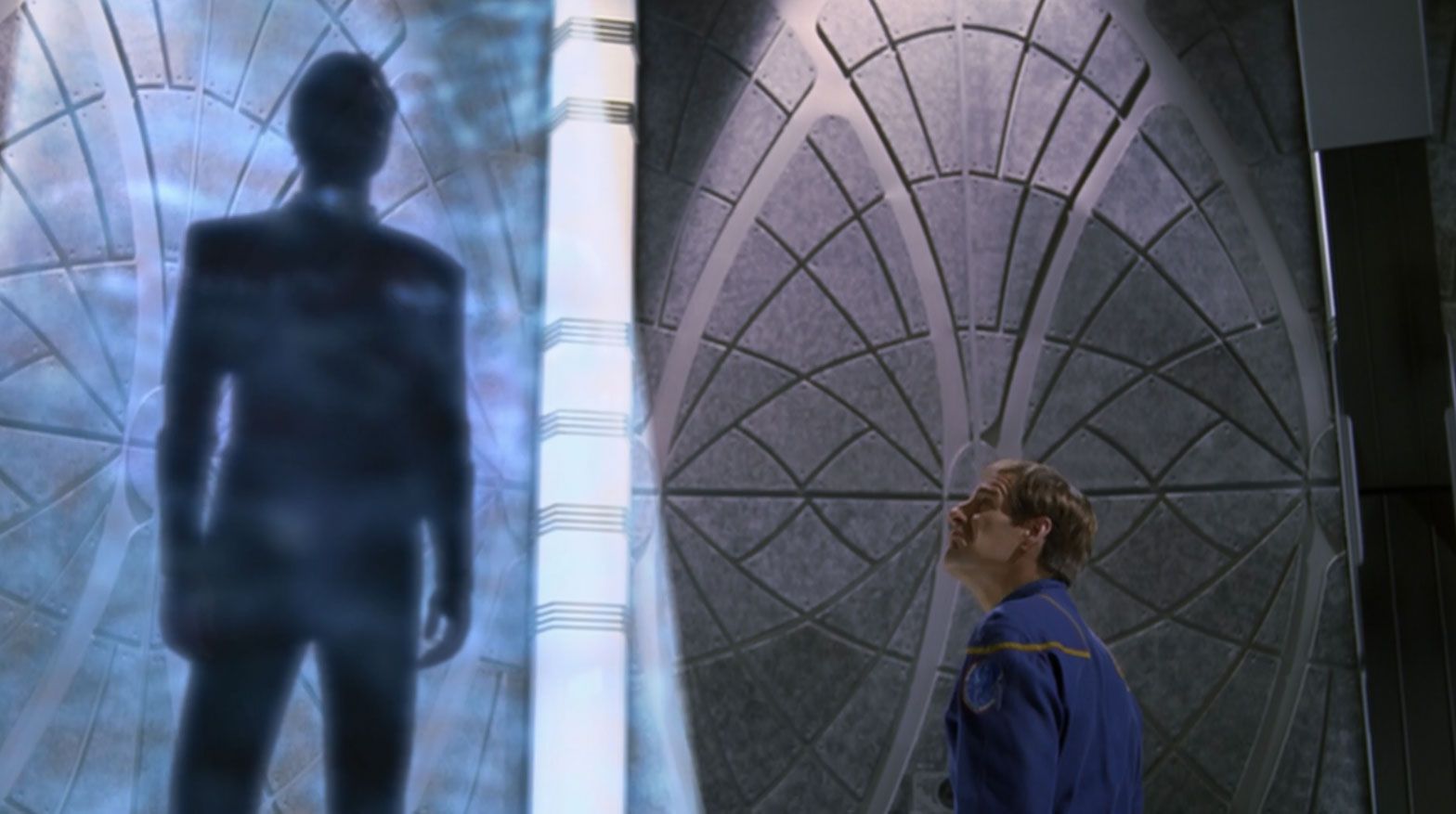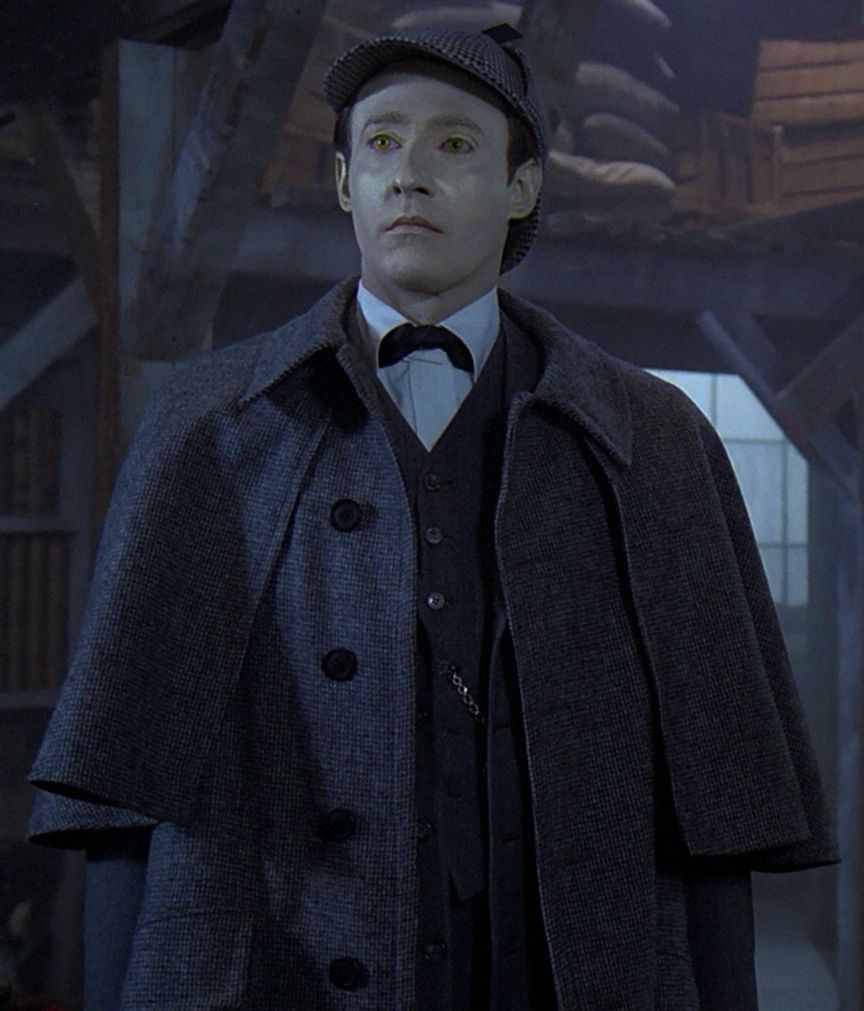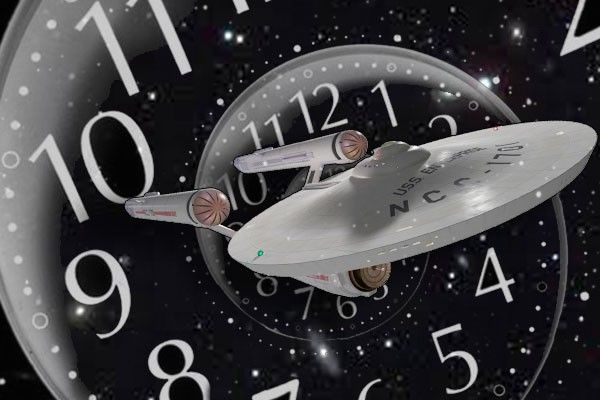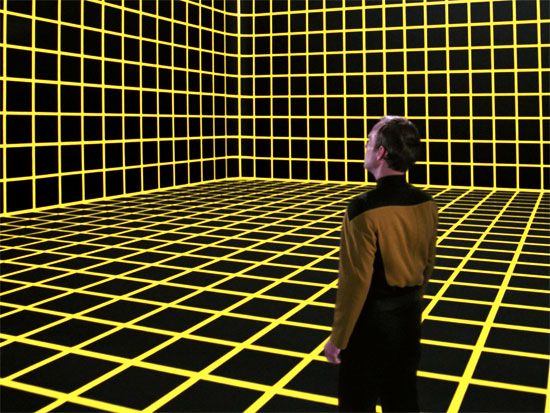With great fandom comes many a fan theory as well. With Star Trek, there’s little surprise that there have been several insane theories cooked up by the fans over the years. The show has been around since the late 1960s, with it becoming a revived cult hit that expanded into seven more TV shows and thirteen major feature films.
Over that time, there have been classics as well as forgotten ventures; there have been missteps as well as iconic moments. What is clear is that the years have a created an epic archive of lore that holds several deep-seated secrets, misinterpretations, or wild inconsistencies.
The Trek fan circles are highly studious when it comes to their passion, arguably more then Star Wars fans, they will not let one minor detail pass them by without some form of analysation. And so have the fan theories accumulated over the several decades of the shows existence—whether it be an attempt to fill in an epic plot-hole, or the discovering of a sly secret by the writers, or even just a bit of old fanboy wishful thinking—there are several great, if completely bonkers, fan theories out there that more then deserve to come to the forefront for observation.
And so this list will chart the many that stand out as the best, from large stretches to ones that have actually been confirmed to be accurate... yet they are all equally baffling.
30 Q Created The Mirror Universe
The Mirror Universe was a prevalent part of the original series of Star Trek where seemingly the sinister versions of your favourite characters exist—usually with added facial hair. In fact, Spock’s mirror-verse persona is something of an iconic moment of the Kirk and co’s adventures.
Later in TNG came the God-like trickster Q, who treated the vast galaxy as his playground; fans have boiled down that it could very well have been Q that created the mirror-verse all in name of his amusement and trolling the Federation on an epic scale—yeah, sounds like Q, alright.
29 Star Trek V Is All Just Kirk’s Nexus Dream?
Star Trek V: The Final Frontier was a misguided mess of a movie that tethered on being a ‘so bad, it’s good’ type of deal. The plot twists were baffling with a finale were Kirk took on God himself.
It all sounds like some weird fever dream, so what if it actually was?
Trekkies have theorised that all the events of part V were from a living dream from when Kirk was trapped inside the Nexus purgatory-like state in Star Trek: Generations. It certainly helps excuse a lot of the ridiculous aspects, although Generations was conceived five years after Frontier.
28 The Enterprise Show Is Set In A Different Timeline
With several fans wishing that the prequel show never existed, this one goes hand-in-hand with the notion; mainly that all of its events occurred are a completely separate alternative timeline.
It presents that the Prime timeline is the series main thread that moves in parallel with the Enterprise plot until it hits the events of the Temporal Cold War. After that conflict's events wrap-up Enterprise diverges on a completely separate path.
It’s a worthy idea and not the first time timelines have explained differing changes to canon (just look at the current Kelvin Timeline).
27 It Was A Fake Khan In Star Trek: Into Darkness
Star Trek: Into Darkness is a sore spot for many a Trek fan. It basically made a mockery of Star Trek 2: The Wrath Of Khan—the most championed Trek feature film to date.
Benedict Cumberbatch took on the role of Khan, and while his performance was good, the fast and loose re-imagining of Khan just left a bitter taste.
Fans have remedied this by implying that the character was never Khan at all, but a lower-rank soldier who lied about his identity to keep the ‘real’ leader safe in stasis.
26 Picard Was Switched Mid-Season 2 Of TNG
TNG is now considered a classic series, but for its first two seasons, it was a rough road. This theory weirdly coincides with the change in quality with season 2’s Time Squared episode.
In it, the Enterprise becomes stuck in a time-loop by a sinister wormhole entity, a future version of Picard comes in to save the day but fans have speculated what if that wasn’t the case and it the fabricated doppelganger emerged instead?
There’s certainly no solid evidence to back it up asides from Picard becoming a much more likeable and intriguing character in the show afterwards.
25 The Next-Gen Theme Song Is The Federation National Anthem
Jerry Goldsmith's epic Star Trek theme created for the movies was used as a series iconic mainstay theme when the show was continued with TNG. There’s no doubting that it’s a fantastic piece of musical work, but several fans have cooked up that it’s also an intricate part of the Trek universe as well.
It’s been speculated that the theme itself is the National Anthem for the Federation itself. Now, there’s been little to back this up asides from some rose-tinted musings—still, with Goldsmith’s landmark composition there’s very little reason for the Federation not to officially adopt it.
24 The Borg Are Really Farming Federation Technology
Ah, the Borg, the classic villains from TNG; they were steadfastly determined to end anything that was unlucky enough to cross their paths—and held an undefeated record until tangling with the USS Enterprise.
But how come? The answer (via fan theory) is that the Borg were losing on purpose.
In fact, the Borg let Enterprise defeat them so they could farm their fancy technology and advance their civilisation.
It certainly holds up in two aspects; it explains why the Borg were also more advanced and stronger on their next appearances—but more importantly, it solves a massive logic point in the Trek legacy.
23 The French Language Was Abolished On Earth
This stems from the fact that Captain Jean-Luc Picard from the TNG series is referred to as French man, but is played with an English accent by UK actor Patrick Stewart. Was this a case of American ignorance towards European accents or an actual plot point?
Fans speculated that the French language was eventually phased out during Earth’s timespan and thus replaced with the English language. Turns out it was validated even; in the episode Code Of Honour, a reference by Data and Picard is made that the French language is ‘obscure’ but ‘had’ represented Earth’s civilisation for centuries.
22 The Eugenics Wars Wasted India And China
Trek, from the jump, had always set the standard for diversity in its cast list, breaking ground for its zero discrimination policy when it came to having the Captain’s deck feature a multitude of all races.
But, most eagle-eyed fans have noticed actor’s either Indian or Chinese have been few and far between—is there a blatant reason for this?
Theorists have concluded that India and China were wiped by a Nuke during the Eugenics Wars (basically, WW3). It would soundly make sense and gives Khan another juicy piece of trivia.
21 Garak Is A Double Agent
The Cardassian character Garek from Deep Space Nine made for an interesting arc throughout the show; he appeared as a simple blue-collar worker, working as a respected tailor in the titular space station.
Later on the show, it’s revealed he used to be a spy for his native empire—but if that were the case, how did the federation not know?
And if they did, why would they give him a pass to live on DS9?
Fans have filled this plot-hole with an intriguing thought; he was really a double agent for the Federation all along. Nuff said.
20 Trip Tucker Never Perished
So, we’re mentioning Enterprise infamous finale again, yet this time it’s for a much more blatant reason: the passing of Trip Tucker.
The fan favourite had many fans up in arms when he bravely perished on the show, yet it is never confirmed if his passing was real or if it was just part of the holodeck scenario that went down over the course of an entire season.
Actor Connor Trinneer revealed the show continued he would’ve survived and the beta-canon novel Last Full Measures further confirmed this, as it was revealed that Trip survived and became a Section 31 agent.
19 The Federation Are Actually Not Very Nice
So this one is a bit of a stretch, since the deception of the Federation was a refreshing notion that our future would vastly improve for the better, with a benevolent, intellectual and thoughtful organization keeping our skies safe.
Some theorists argue that it is all a matter of perspective though, with the truth much more sinister.
The idea is that the Federation is actually an iron-fisted fascist regime that strong-arms planets into paying taxes for protection and even uses time-travelling technology to wipe their slates clean, MIB style. It’s all a bit of a stretch even though it’s quite an intriguing notion.
18 Trelane Is Actually A Q
In the original series, the crew tangled with the cheeky figure of Trelane in the episode The Squire of Gothos.
Through the story, he was omnipotent and even put the crew on trial in the third act. These were all distinct traits that were later taken on by the reoccurring character Q from The Next Generation series run.
It’s never confirmed that Trelane is part of the same god-like race that the later character is from, but fans have quite smartly joined the dots in a theory that holds together quite well.
17 Nick Locarno And Tom Paris Are The Same Person
On a TNG episode, we were introduced to the character Nick Locarno—played by actor Robert Duncan McNeil—who managed to get himself expelled from Starfleet Academy.
Years later, a navigation officer named Tom Paris appears in Voyager, also played by McNeil.
Was it a case of a hard-working TV actor landing too many jobs? Or was it a legitimate nod to the disgraced character changing his name so he could go on to succeed as a working Federation officer? Some small trivia nuggets lean that it’s the latter.
16 Lore Secretly Replaced Data
This one makes for an interesting side arc through-out the tail end of TNG and the following movies; in season seven, Data faces off with his evil twin brother Lore and finally defeats him—wrapping up the long reoccurring arc between them.
Fans have heavily speculated though that it was secretly the other way around; Lore defeated Data and then assumed his identity, therefore explaining the spontaneous shift in his arc throughout the following films.
It’s hardly confirmed but it does hold up if you want it to.
15 Adapting To Humanity Made The Borg Weak
Another theory that helps explain the unbeatable Borg’s downfall. The cyborgs don’t just mow down anything in their sights, they absorb and farm their victims, making their number grow and trudge on.
But if they absorb their victims there must be repercussions to that as well?
So is the theory that says that once the Borg came into contact with humans, it essentially lead to their downfall. Humans natural need to have individual interests and identities wore down the infallible hive mentality that had worked for the Borg for centuries.
14 The ‘Humanoid Figure’ Is Jonathan Archer
Most Trek fans would rather act like the prequel series never happened and it’s still the only Trek show that was cancelled without a chance of wrapping up its ongoing arcs. One of those arcs was the mysterious villain credited as ‘Humanoid Figure.’
His true identity will remain hidden since the show never got a chance to reveal it.
Fans have speculated a twist that it really was the hero protagonist Jonathan Archer all along—now that would’ve been a better OMG moment then the finale twist we ended up getting.
13 Sherlock Holmes And Spock Are Related?
Leonard Nimoy and Benedict Cumberbatch sort of share facial similarities, but what if they were connected on a more substantial level?
Spock in the original show had a penchant for quoting his great, great ancestor on occasion, with one definite quote taken right out of a Sherlock Holmes novel from the great detective's mouth himself—so what gives?
People have concluded that Spock and Holmes are related. Considering Spock is half-human it’s not such a far-reaching concept, yet should it be canon or just a cute little reference that the writing staff cooked up? That's up to you.
12 Blame Everything On Time-Travel
Here’s a wide-reaching one that not only attempts to explain one significant moment in Trek history—but absolutely all of them.
So bare with me...
Any plot-hole, continuity error, inconsistency, throughout the franchise's existence can be explained as the repercussions of time-travel side-effects.
Basically, unknown character travelled through time for unknown reasons and introduced a minor change that had butterfly effects on the greater storyline. Nonetheless, it’s a rich concept but one that really only works for fans wanting to give some of the crazy story road-bumps a pass.
11 All Of Trek Is A Holodeck Simulation
The holodeck is a centrepiece around all of the Trek shows across the years, with the concept being a fan favourite—but what if all the episodes (since its inception) were a virtual game played out within the confines of the holodeck? Surprisingly, it's been argued by several fans as accurate.
In the Voyager episode Protections, this notion was explored as well as in a TNG scenario where the crew face off against the Sherlock Holmes villain Dr Moriarty. Also, let’s not forget that infamous Enterprise twist ending—or actually better yet, let’s forget it.

